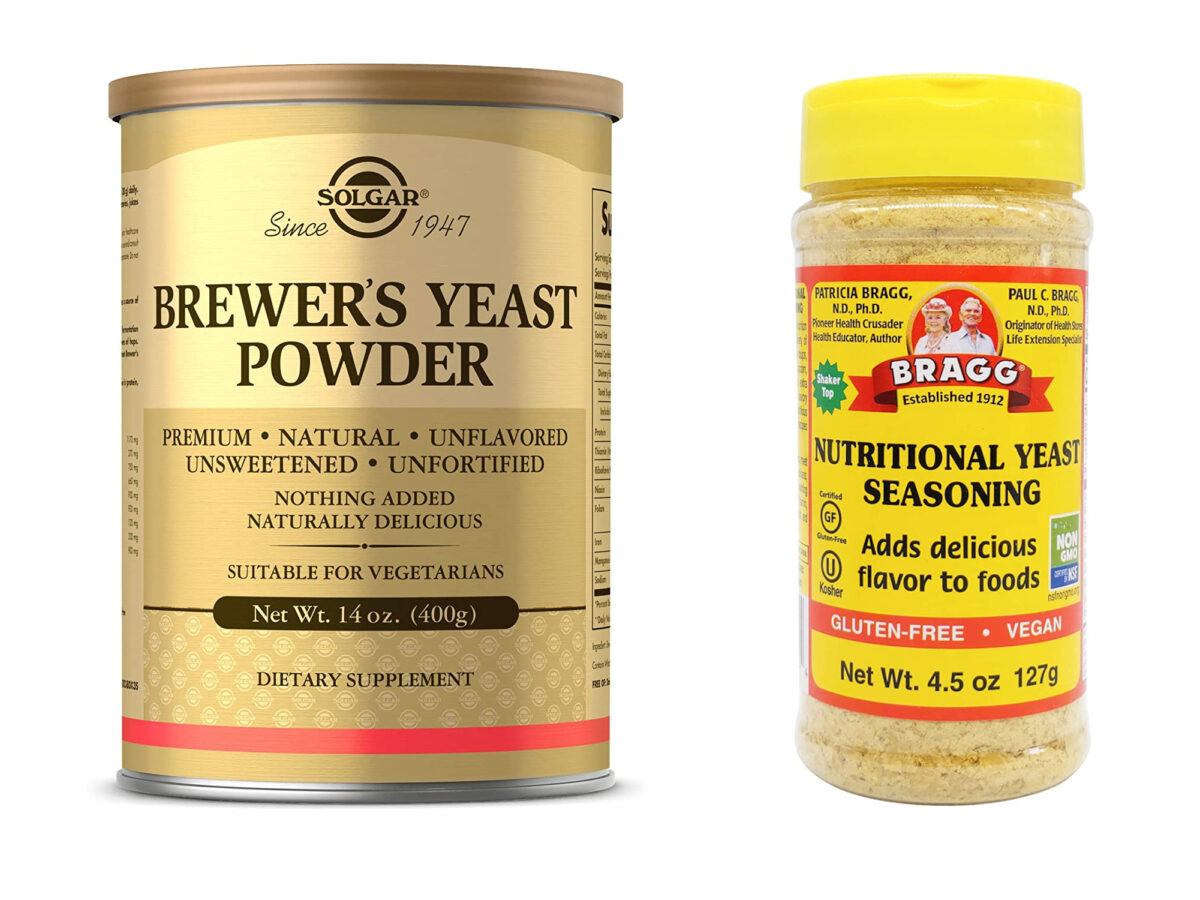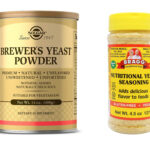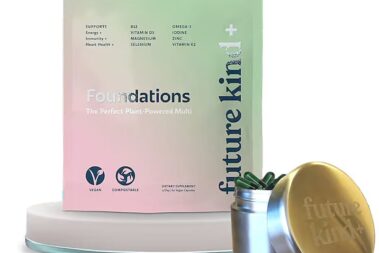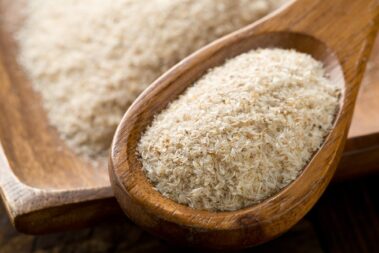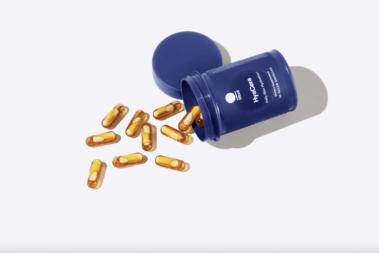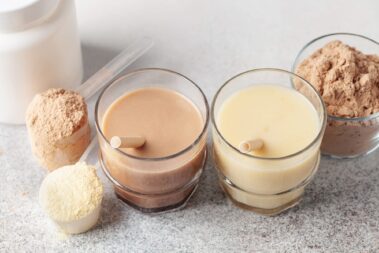Nutritional yeast and brewer’s yeast are both popular health supplements made of the same yeast strain, called Saccharomyces cerevisiae. So, what exactly is the difference between these two superfoods? And, maybe more importantly, which one is better for you?
To answer both of these questions, we’ll need to take a closer look at how these two products are made, what’s in them, and how they are used.
Table of Contents
Primary Difference Between Nutritional Yeast and Brewer’s Yeast
Brewer’s yeast is a live active yeast used for brewing beer that is then heat-killed and turned into a dietary supplement. Nutritional yeast is a deactivated yeast grown solely for its nutritional content and sold as a health food.
Both products are made using Saccharomyces cerevisiae, a type of single-celled fungus more commonly known as yeast. Unlike baker’s yeast, these microorganisms are both deactivated before being sold, which means there is no chance they can cause yeast infections or overgrowths in the body.
Even though both nutritional and brewer’s yeast products are derived from the same species, they have surprisingly different nutritional profiles. The reason for this lies in how each product is made.
How Are They Made?
Propagating yeast of any kind requires creating a nutrient-dense, sugary medium that the yeast cells can grow and multiply on. As the cells break down glucose and other molecules, they bring about fermentation, causing the release of alcohol and carbon dioxide into the substrate.
Different kinds of yeast products are grown on different types of substrates.
Brewer’s Yeast
As you can guess from the name, brewer’s yeast generally grows on a medium of malted barley or other grains used to produce beer. Once the beer has completed fermentation, the yeast is separated from the liquid and dried using rollers. This process deactivates or “kills” the yeast cells.

Because of the substrate used, these beer-making yeast tend to taste more bitter than nutritional yeast. Many products go through a “debittering” process to make them more palatable. Brewer’s yeast is sold as a powder, as flakes, or in capsule form.
Brewer’s yeast products are often sold as supplements in health food stores.
Nutritional Yeast
Unlike brewer’s yeast, nutritional yeast is always “primary grown,” which means it’s created specifically for the purpose of producing a dietary supplement.
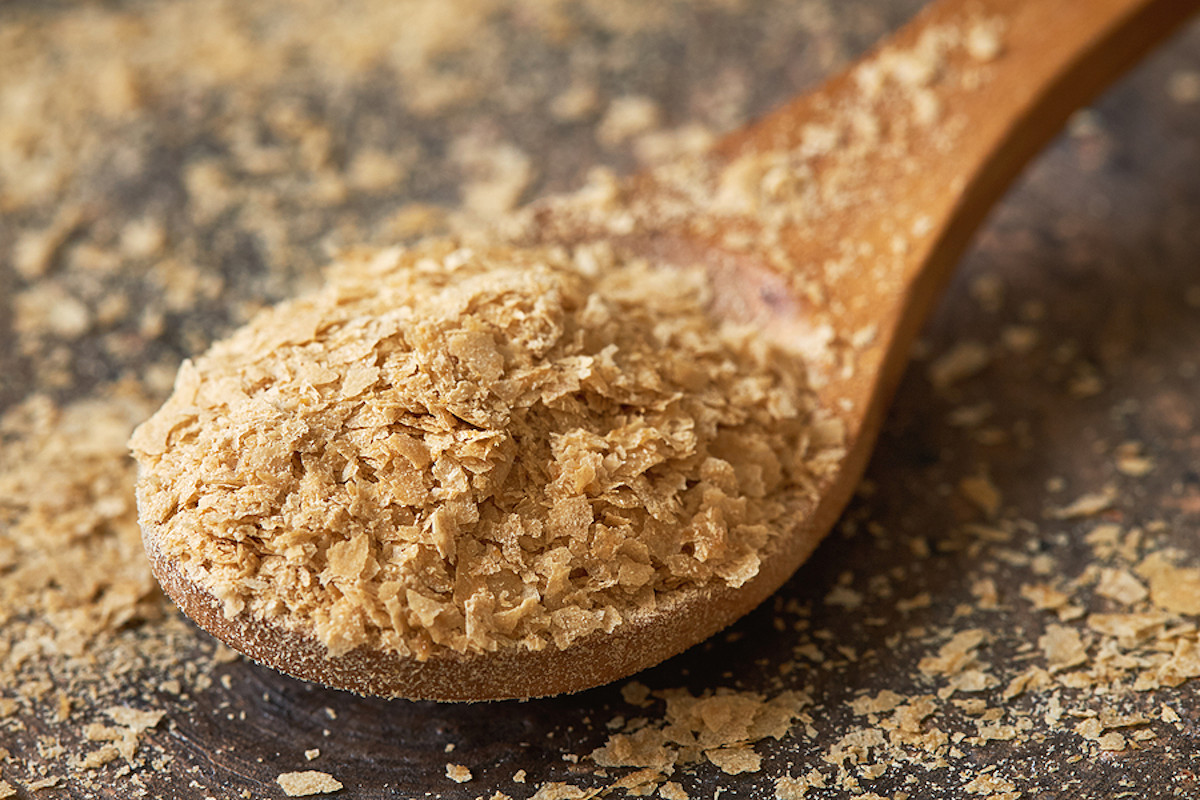
The most common mediums for growing nutritional yeast are beet or cane sugar molasses. Both are cheap byproducts of the sugar industry and provide plenty of glucose for the yeast to eat.
Often, additional synthetic nutrients are added to the substrate to produce a more robust, nutritionally-dense final product.
Nutritional yeast flakes and powders are generally sold as a food flavoring.
Nutrition Profile
The vitamins and minerals present in yeast depend largely on the medium on which the yeast was grown. Because brewer’s and nutritional yeast are “fed” different diets, they each have something a little different to offer.
Brewer’s Yeast
Like all yeast, brewer’s yeast is high in certain B vitamins, including thiamine, riboflavin, niacin, and folic acid. It’s also loaded with protein and fiber, with only trace amounts of fat.
While both brewer’s yeast and nutritional yeast naturally contain fair amounts of magnesium, overall, brewer’s yeast has a much higher concentration of many trace minerals. Both selenium and potassium are found in relatively high amounts, as is chromium, an important mineral for cell health and blood sugar regulation, and zinc.
Nutritional Yeast
Nutritional yeast is also naturally high in some B vitamins, protein, and fiber. Products that are produced using simple glucose mediums are limited to these nutritional benefits.
However, most nutritional yeast supplements include the addition of synthetic nutrients to the growth substrate. Yeast grown this way have much higher amounts of certain vitamins and minerals.
The exact makeup of the added nutrients will determine the nutritional composition of the final product, but in general, these nutritional yeast products contain many of the minerals naturally found in brewer’s yeast.
Additionally, these fortified products contain vitamin b-12, an essential vitamin that vegans can’t get in their diet unless they take a supplement. This important nutrient is not found in brewer’s yeast.
Health Benefits
Because each of these yeast products has a slightly different nutritional makeup, they each offer different health benefits.
Brewer’s Yeast
With plenty of naturally occurring chromium, brewer’s yeast can be beneficial for diabetics. Chromium helps lower blood sugar levels by enhancing insulin activity and improving insulin sensitivity.
Chromium is also likely one of the reasons brewer’s yeast has been shown to have positive effects on cholesterol levels. Supplementing with brewer’s yeast can help lower bad, LDL cholesterol while raising good, HDL cholesterol.
Other studies have shown that brewer’s yeast can have a positive impact on the immune system and help reduce the frequency of cold and flu bouts. It also appears to help with acne and may even reduce a person’s chance of developing skin cancer.
Nutritional Yeast
Like brewer’s yeast, nutritional yeast appears to help boost the immune system while improving cholesterol levels. Fortified products with high levels of chromium may have a similar effect on blood sugar as brewer’s yeast does.
Nutritional yeast also contains a high number of antioxidants, including glutathione and selenomethionine, which can help reduce oxidative stress in the body, reduce inflammation, and help eliminate heavy metals and toxins.
Fortified nutritional yeast products contain B12, an important vitamin for immunity, cell health, energy metabolism, and the creation of red blood cells.
If you suffer from chronic fatigue or other low-energy related issues, supplementing with nutritional yeast could reduce those issues and help you feel more energized.
How Are They Used?
Because they have different taste profiles, these two supplements are frequently used in different ways.
Brewer’s Yeast
Brewer’s yeast is often found in capsule form to be taken with water like any other traditional supplement. This type of product has typically not gone through the debittering process since the consumer doesn’t taste it.
Debittered products, on the other hand, are available in both fine powders and thin flakes. Both forms work well for adding to smoothies, juices, and protein shakes. But be warned, even these less bitter forms have a bit of a funky, “wet-grain” taste.
Using smaller servings or pairing these products with other overpowering flavors is recommended when mixing into drinks.
There are some products that come pre-sweetened and/or flavored that tend to be more appealing. But these products are not as pure and may not provide the same nutritional benefit.

Nutritional Yeast
While nutritional yeast can be added to smoothies and shakes for a nutrient boost, this product is most often used as an ingredient to make meals taste better.
Nutritional yeast has a cheesy, umami flavor which makes it the perfect replacement for dairy cheese in many recipes. When combined with cashews, garlic, and water, it creates the perfect cheese sauce for pasta and steamed veggies.
Many fans use it in place of parmesan and other shredded cheeses and sprinkle it on top of spaghetti, sauteed vegetables, and even salads. By including a teaspoon or two on or in your dinner each night, you can easily turn this supplement into a tasty condiment.

Which Is Better For You?
Now that you know how nutritional yeast and brewer’s yeast are different, the question still remains: which is better?
Pure brewer’s yeast products are always natural and contain no added synthetic vitamins or minerals. For those looking to avoid manufactured nutrients, this is a huge plus. It also means that the nutrients that are present all come prepackaged with the right enzymes and amino acids to help your body use them most effectively.
However, the fact that most nutritional yeasts contain B12 is also a big positive. If you are a vegan and you aren’t supplementing with B12, odds are, you aren’t getting enough in your diet to meet your body’s needs.
Your body stores B12 for years, which means you may be two years into your strict plant-based diet before you notice any issues. This timing means people often fail to blame their diet for their symptoms.
The bottom line is if you are eating a primarily vegan diet, you need to supplement with B12, and what better way than with a tasty, cheesy topper?
In the end, which product is better really depends on what you are hoping to get out of the supplement. Our recommendation? Use both!
FAQ
Can I substitute nutritional yeast with brewer’s yeast?
No, you can’t substitute nutritional yeast and brewer’s yeast. They both have vastly different flavor profiles. Brewer’s yeast is bitter and tastes a little like tangy broth while nutritional yeast is cheesy, umami, and nutty.
Who should not take nutritional yeast?
If you have a sensitivity to yeast you should not supplement or use either nutritional yeast or brewer’s yeast. Additionally, nutritional yeast contains an amino acid that may cause headaches in people prone to migraines. Brewer’s yeast can interfere with some medications, including MAOIs and meperidine, so be sure to check with your doctor before adding it to your routine.
Is it OK to eat nutritional yeast every day?
Yes, it’s okay to eat nutritional yeast every day as long as you aren’t consuming more than several tablespoons. Brewer’s yeast is generally safe to be taken daily, but it’s best to talk this over with your doctor before starting long-term use.
How to Include Brewer’s and Nutritional Yeast in Your Diet
Both of these yeast types can be supplemented using capsules or powders. But a much more enjoyable way to include them in your diet is to use them in your meals. Here are a few of my favorite ways to incorporate nutritional and brewer’s yeast in my cooking.
- Brewer’s Yeast Popcorn – A great way to enjoy umami popcorn without using powdered cheese.
- Breakfast Smoothie – Adding brewer’s yeast to your morning smoothie is a great way to add many essential nutrients.
- Vegan Parmesan Cheese – My absolute favorite pasta topper.
- Lemon Vinaigrette Dressing – Adding a little brewer’s yeast to strongly flavored dressings is a great way to sneak it into meals.
- Vegan Eggplant Parmesan – Nutritional yeast adds to the cheesy-yum of this classic dish.
Need to pick up some nutritional yeast to use in the above recipes? Find out where to find nutritional yeast in the grocery store.
Loving these vegan supplement and recipe tips? Be sure to sign up for our newsletter to get more delivered straight to your inbox.
Choose Your Yeast
Both brewer’s yeast and nutritional yeast offer many benefits. The former is high in chromium and many trace minerals while the latter is one of the best sources of b-12 for vegans. Both are high in multiple B vitamins and contain fiber and protein.
This is all to say that both options are good for you and worth adding to your diet.
Do you prefer nutritional yeast or brewer’s yeast? Let us know by posting in the comments below.
- How to Pick the Perfect Watermelon For a Sweet Summer Treat - April 10, 2024
- Future Kind’s Foundations: A Multivitamin Made for Vegans - December 5, 2023
- Does Nutritional Yeast Go Bad? - November 28, 2023

